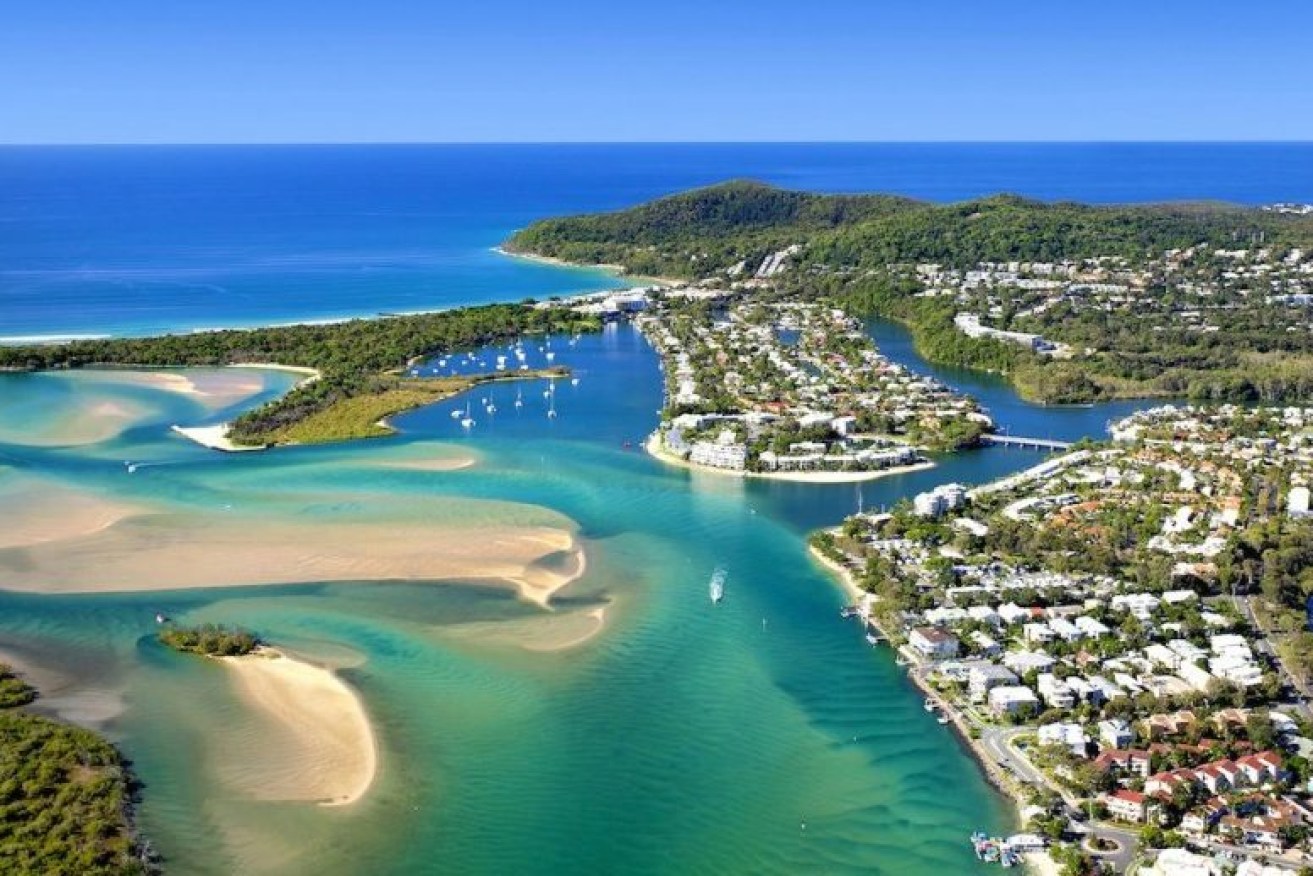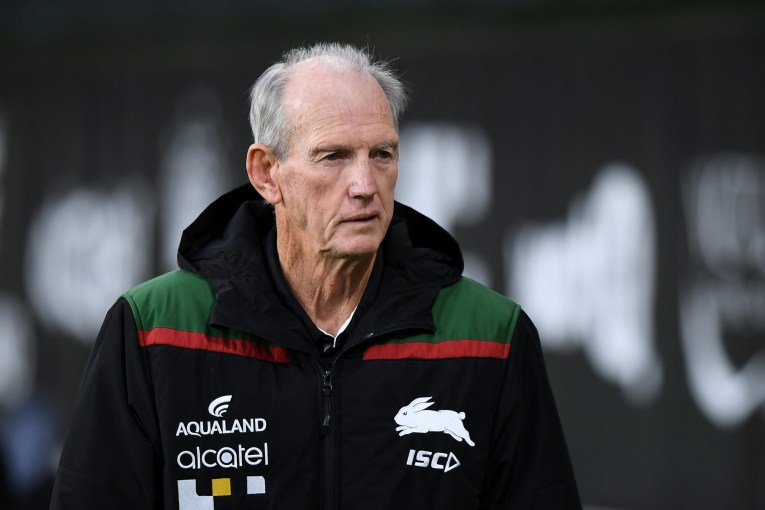Noosa’s no-vacancy laws keep short-stays at bay – now for the illegal campers
Noosa’s crackdown on short term accommodation has been declared a success but the council claims about 1200 properties remain outside the system.


Noosa is already facing pressures from over-tourism and over-population (file photo)
Under local laws introduced last year, short term accommodation such as properties listed with Airbnb must have council approval to operate in a bid to crack down on the system which has led to complaints as well as a shortage of longer-term rental accommodation for residential use.
Rents have jumped by 51 per cent in Noosa over the past five years, according to a University of NSW report released yesterday. A lot of that has been attributed to the shortage created by accommodation moving into short-term stays.
Tourist towns like Noosa also face problems with the normally quieter residential areas having to deal with holiday-makers. The issues have consistently been about amenity and relate to noise, parties, parking and garbage.
At the same time, Noosa is facing a problem with illegal camping after visitors ignored rules and the council’s “education first” approach. About 50 fines have been issued this year already, but the council has limited move-on powers so it has now adopted a zero-tolerance approach.
Noosa’s code of conduct for the short stay accommodation put restrictions on loud cheering, clapping and yelling on decks and verandahs at the properties in a bid to reduce the impact on residents. There was also a guide to the length of stay of renters because of issues surrounding the first-night partying.
The council’s strategy is being closely watched by other councils facing the same problems.
Even after Noosa imposed the new laws, it said it had still received more than 600 complaints. There was also a backlog of about 600 applications, but the crackdown was regarded as a success.
Mayor Clare Stewart said there were still around 1200 properties that were yet to apply for approval, a figure that was an estimate based on advertising of properties on websites like Airbnb.
The council has also had to increase its staffing to deal with applications, enforcement and identifying short-stay properties.
“We’re the first council in Queensland to regulate short-stay accommodation in response to community concerns and we’re making solid progress,” she said.
“With the local law, approval process and complaints hotline, we’ve been able to implement a code of conduct for short-stay guests, compile a healthy database of short-stay properties, deal with complaints and begin to identify owners not playing by the rules.”
Property owners can face fines for non-compliance of the laws.
The law requires a local person manage the property, be available 24/7, be located within 20km and respond to complaints within 30 minutes, and that guests abide by a code of conduct to ensure residential amenity. Council has established a 24/7 complaints hotline and register of complaints and is trialling security services contracted to observe activity when required.
Under the new planning scheme the shire is mapped into tourist, high, medium and low density residential zones with STAs considered an “inconsistent use“ of property in low density zones.












